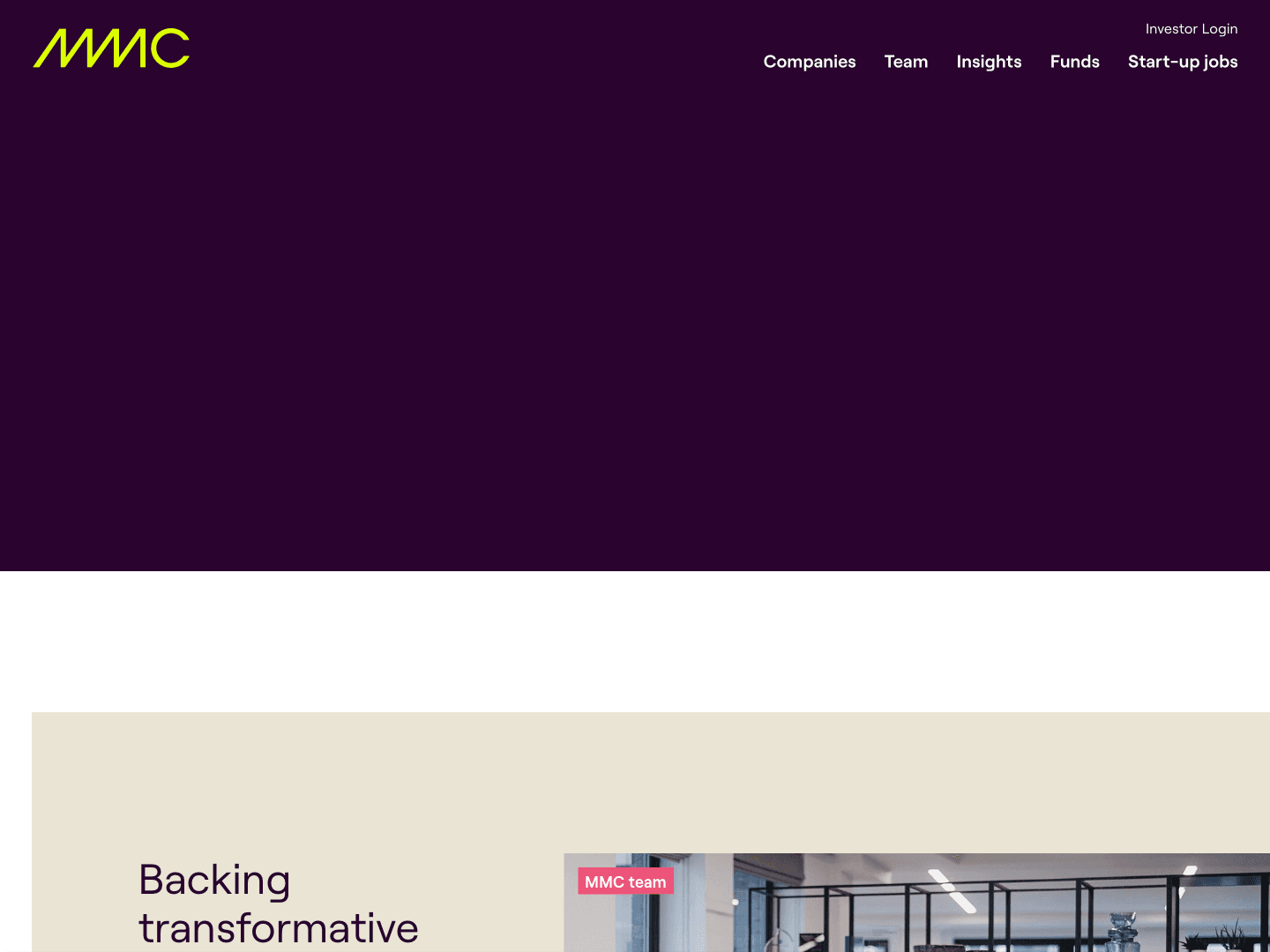Freight AI startup Nexcade raises £1.9m led by Connect Ventures with MMC Ventures
This article covers a pre-seed funding round on 7 October 2025, Nexcade, a London-based startup bringing end-to-end AI automation to global freight forwarding, founded by Dan Bailey. The round raised £1.86m and was led by Connect Ventures, with participation from MMC Ventures.
What does Nexcade do?
Nexcade is a software platform based in London that uses AI to automate freight forwarding workflows and document handling. It turns emails and attachments into usable records to automate spot quotes, rate sourcing and shipment workflows.
Why is Nexcade useful?
Problem
People face fragmented, manual freight workflows that rely on emails, attachments, and spreadsheets instead of structured systems. This leaves critical decisions and revenue opportunities outside automated workflows.
Solution
Nexcade explains that it captures unstructured emails and quotes, converts them into structured workflows, and automates spot quoting and sourcing.
How much did Nexcade raise?
Nexcade raised £1.9m ($2.5m) in a pre-seed round led by Connect Ventures, with participation from MMC Ventures alongside existing backers. This makes it the 17th largest funding round in October 2025 (21 recorded). It stands 354th for 2025 (493 total) in the Startupmag database, as of 7 October 2025.
For details on how Startupmag compiles its rankings, view our Methodology.
Who invested in Nexcade?
Key investors in the round include the following.
- Connect Ventures: A UK seed-stage VC focusing on European software and internet startups.
- MMC Ventures: A UK venture capital firm that backs early-stage technology and software businesses, particularly in enterprise and B2B sectors.
- Entropy Industrial Capital: An investment firm focused on industrial and supply-chain businesses.
- Inovia: A North American venture capital firm that invests across stages in technology companies, including SaaS and marketplace businesses.
- Charlie Songhurst: An angel investor with a background in technology and corporate strategy.
- Keith Wallington: An angel investor experienced in logistics and operations.
In the funding announcement, Rory Stirling from Connect Ventures said:
Dan and Tasho combine domain knowledge with deep technical strength. In a market full of hype, their speed of execution and ability to deliver real value to leading freight forwarders have truly impressed us.
If you're researching potential backers in this space:
- Explore our list of supply chain venture capital firms in the UK
- Browse our directory of supply chain angel investors in the UK
Who founded Nexcade?
Dan Bailey is the founder of Nexcade.
In the funding announcement, Dan Bailey explained:
Our goal is to give operators the tools they need so workflows continue smoothly, even when exceptions arise.
Where is Nexcade based?
Nexcade is based in London, UK.
What sector is Nexcade in?
Nexcade operates in the automation sector. This sector builds tools that make tasks run automatically, saving time and reducing errors. It turns messy emails and spreadsheets into organised workflows people can trust.
Key trends and challenges in Automation:
AI-driven adoption accelerates
AI tools now handle natural language tasks. For example, organisations automate conversations formerly done by email.
Data fragmentation limits end-to-end automation
Legacy systems, carrier siloes and spreadsheets keep data trapped, hindering seamless automation across supply chains. For example, crucial emails and attachments often remain outside systems.
Resilience and human oversight remain necessary
Automated systems must handle exceptions and allow human intervention, otherwise operations can stall during unexpected cases. For example, customs delays still require human judgement.
For a deeper look at innovation in this space, see the supply chain startups in the UK.
They've invested in Nexcade
Get to know these supply chain investors
Click here for a full list of 7,526+ startup investors in the UK




